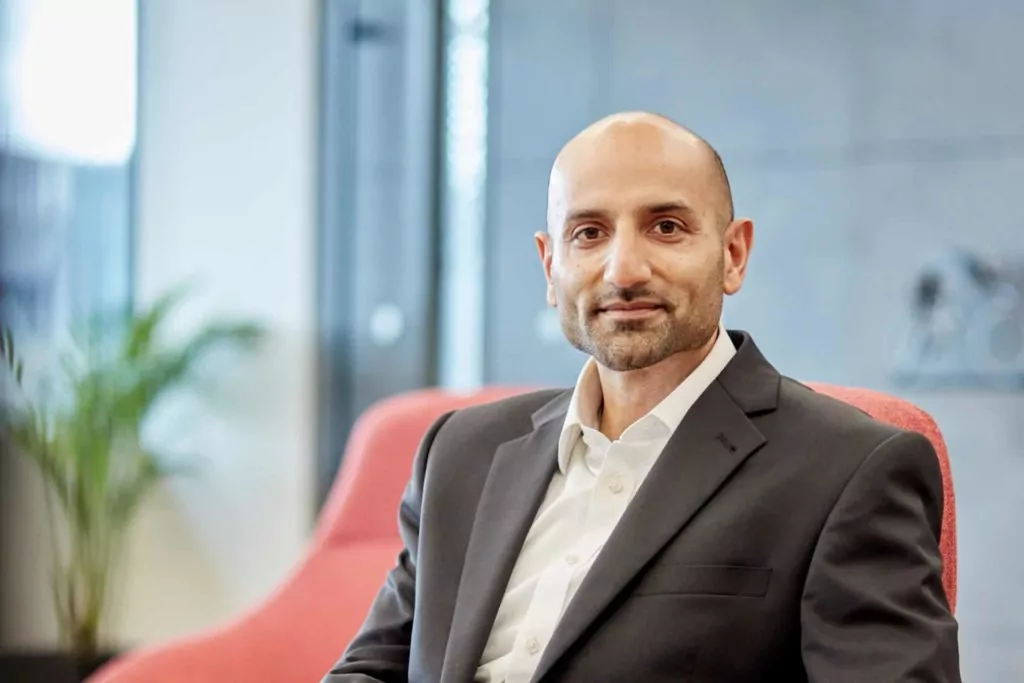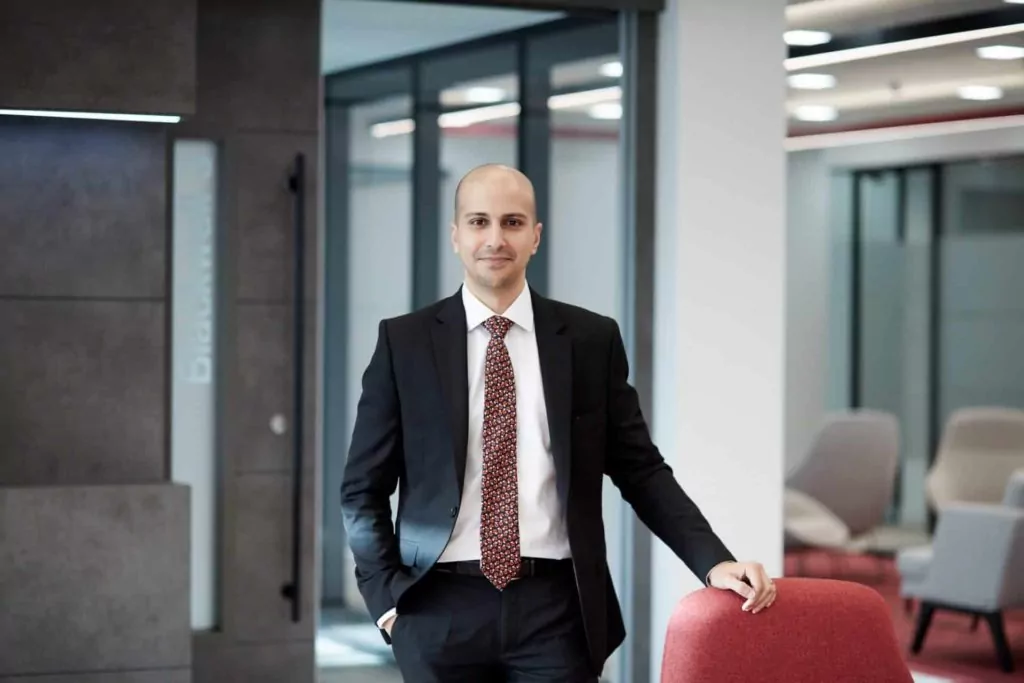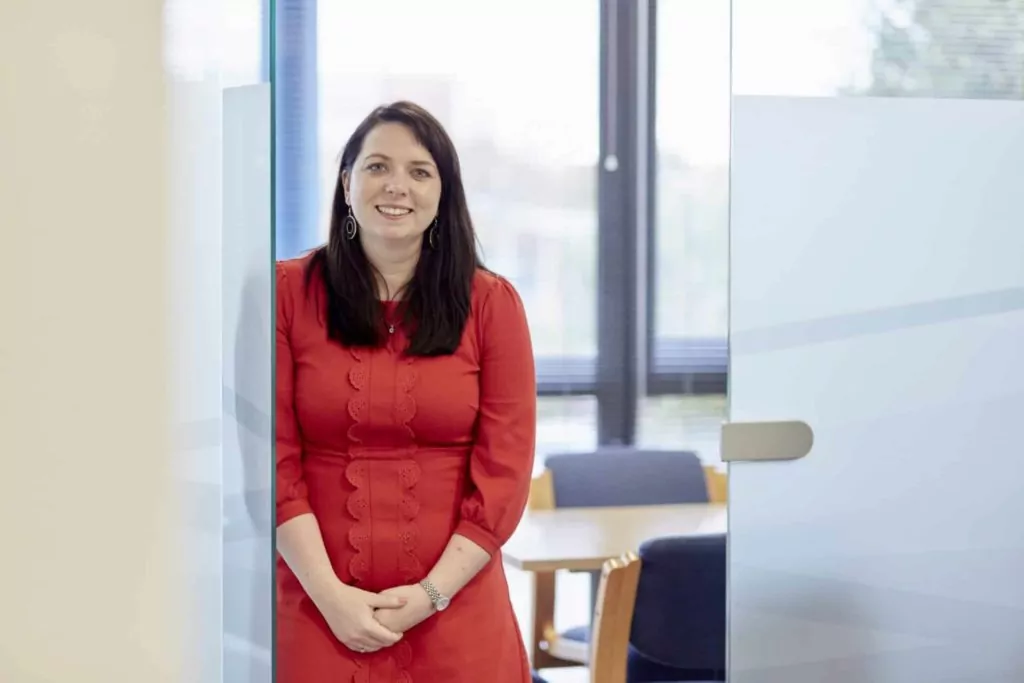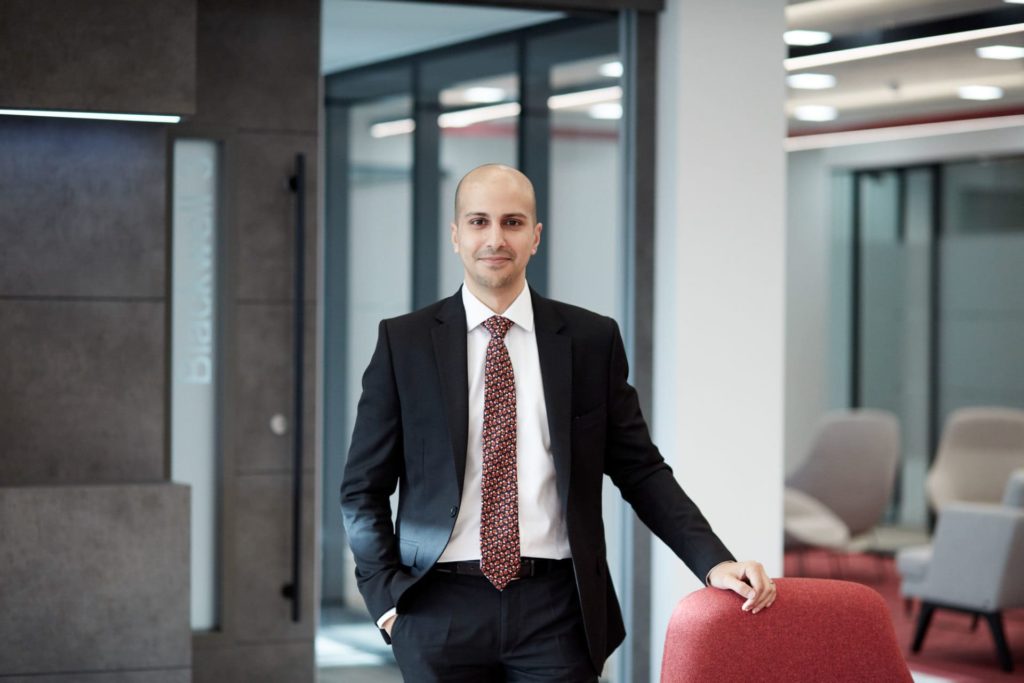
Investment into the UK’s Islamic FinTech industry: our second roundtable highlights

This article was originally published by Islamic Finance News.
With the publication of the long awaited Kalifa Review in July 2020, the nascent Fintech sector has once again moved to the forefront of the minds of business leaders and policy makers. The perfect time to host the second in our series of roundtable discussions.
Our inaugural virtual roundtable held back in November 2020 focused on the governing legal and regulatory frameworks that affect Islamic FinTechs. For the second roundtable discussion, we turned our focus on understanding the opportunities and challenges faced by both investors looking to invest in the Islamic FinTech market and by Islamic FinTechs in securing investment. With a global cohort of participants from the UK, Malaysia and Saudi Arabia, it was truly an international discussion chaired by Imam Qazi, Partner and Head of the Islamic finance team at Foot Anstey. This article sets out some of the key points that were discussed.
The Kalifa Review
Lingxi Wang, Senior Associate in the Islamic finance team at Foot Anstey, began the discussion by briefly explaining the Kalifa Review (commissioned by the Chancellor and undertaken by Ron Kalifa OBE) which sets out objectives for supporting the growth and widespread adoption of UK FinTech. Along with strengthening regulation and developing human capital, investment was also highlighted as one of the five key areas that needed real focus. Private funding has been crucial to the success of the UK as a FinTech hub, but the Review identified the need to do more proposing that we should:
- Expand R&D tax credits, Enterprise Investment Scheme (EIS) Seed Enterprise Investment Scheme (“SEIS”) and Venture Capital Trusts; and
- Unlock institutional capital to create a £1bn “FinTech Growth Fund” of sufficient scale to act as the catalyst in developing a world leading ecosystem.
The Islamic FinTech sector was highlighted in the Kalifa Review as one of the growth areas for investment and where there are potential opportunities for cross-collaboration with international partners in the Middle East and North Africa.
What investment schemes are available in the UK and are they sufficient?
Faizal Karbani, founder and CEO of Simply Ethical, commented on how EIS and SEIS are excellent vehicles which appeal particularly to the professional market who have disposable income to invest. However, Faizal found that financial service businesses are generally excluded from EIS and SEIS and he commented that it would be "a real game changer in terms of raising investment if rules around these schemes are clarified and if such schemes are opened up more widely to financial service businesses including FinTechs".
Youness Abidou, founder of Nester, explained how Nester was able to secure EIS but that it was at times a challenging process whereby HMRC had to essentially allocate Nester into certain prescribed categories to ensure Nester was able to benefit from the relief.
Ibrahim Khan, co-founder of IslamicFinanceGuru, further added that, from an investment perspective, EIS and SEIS alone are not good reasons to invest. Such schemes help to cap the downside, but it does not necessarily guarantee an upside which is of course a key element in angel investments.
The participants then discussed how other means of investing such as investing in portfolio funds are a prudent way to diversify and spread an investor's risk. Portfolio funds largely operate on the assumption that not all FinTech start-ups succeed but that some will and if investment is spread across a spectrum of such businesses, the risk of loss can be reduced, in turn increasing the appeal to investors who are looking to make reliable returns.
International investment in the UK FinTech sector
Awaiz Patni, Group CFO at Saudi Bugshan Holding Company Limited, explored how historically, significant capital has moved from the Middle East to the UK, largely for investment into real estate. But in the last few years, Awaiz has witnessed a diversification away from traditional real estate investments and into the UK FinTech sector. However, Awaiz commented that the UK's mature regulatory and tax environment, when compared to other jurisdictions such as certain parts of the Middle East, can appear prohibitive for angel investors venturing into the investment landscape for the first time.
Dr Aida Othman, Managing Director of ZICO Sharia Advisory Services, commented on how Malaysia is currently focused on growing the FinTech market within Malaysia and tapping into the opportunities available in the south east region of Asia. However, Aida strongly believes that with the right guidance, discussions and the incentives, the current focus of many on domestic investments will likely diversify geographically to the UK.
How FinTechs have structured their products to channel investment
Salman Hasan, Chief Legal Officer of Primary Finance, commented on the success of Primary Finance in raising significant finance capital from the public and deploying it to finance homes in a debt free way. Salman mentioned how Primary Finance's unique FinTech based business has garnered significant support from investors and customers for its ethical, affordable and debt free financing model.
Youness Abidou of Nester echoed similar sentiments on how Nester's peer to peer business model which is operated via a user-centric FinTech platform acts as a great tool to connect investors with customers that are seeking finance for real estate projects.
However, for such business models, investment from the public or peers need to be pooled and this raises issues around whether the business has regulatory authorisations to hold funds before distributing to customers requiring funds. Nabila Kazi, Sales Director at Shieldplay, explained how obtaining the relevant authorisations can be a complex and time consuming undertaking with little return on investment if handling client money is not your main business function but that Shieldplay, being an established business holding the relevant FCA authorisations, can support start-ups in such situations where they can also leverage the Shieldpay platform to maintain real time visibility and transparency over a transaction and status of funds.
Unlocking capital and creating a broader appeal
Our participants agreed that three areas in particular would help facilitate the development of FinTech in the UK:
- Whilst the UK boasts several investment schemes, participants agreed that in order to unlock wider capital, investor awareness of such schemes is key and, at present, many are unaware of the investment options available (and their associated tax considerations).
- Continuing the education piece, participants agreed that the traditionally conservative investment mindset of many Muslim investors in the UK is ripe for change, particularly in light of the increasingly broad investment opportunities offered by Islamic FinTechs. Organisations such as IslamicFinanceGuru are making great progress in this area.
- Thirdly, the Islamic FinTech market in the UK should do more to appeal to a broader pool of investors. The participants agreed that there are investors who want to support Islamic businesses such as Islamic FinTechs but only because they are Islamic. This is not a reliable source of funding as these investors will always be cautious to make sure they only invest in viable, credible opportunities. Therefore, there is a real need to obtain funding from a broader pool of investors.
Zahir Nayani, Partner in the Islamic Finance team at Foot Anstey, commented on how broadly one could categorise the shariah-compliant appetite of Muslim investors in the UK as (a) those who only want to invest in shariah-compliant products, (b) those who are market-agnostic and are satisfied with conventional investment platforms, and (c) those who would prefer shariah-compliant products all things being equal.
For any sector to grow, investment is key and the Kalifa Review importantly highlights the lack of adequate funding into the UK FinTech market. However, the more stakeholder discussions we are able to have at roundtable platforms such as these and at wider regulatory/governmental levels, the more we will be able to understand why there is a scarceness of funding and what measures we can implement to unlock it.


























